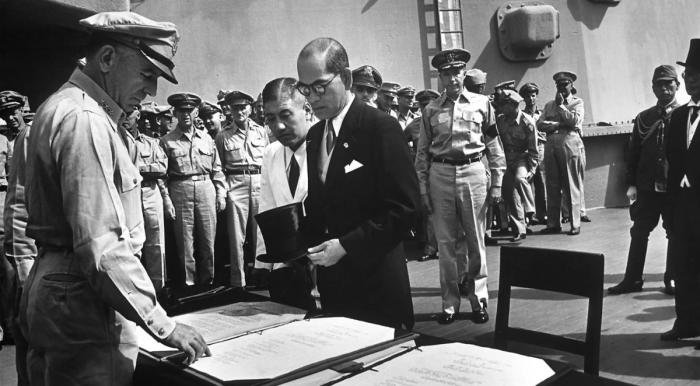
Alexander Dugin: How sovereignty and economic policy interact
Mercantilism is an economic theory. Mercantilists believed that national wealth would best increase through a positive trade balance, where exports exceeded imports. The idea was that precious metals such as gold and silver, which were the primary means of payment at the time, should be hoarded.
To achieve trade surpluses, governments implemented policies such as high tariffs on imports to protect domestic industry, export subsidies, and monopoly trading companies.
Industrial regulation: Governments often regulated industries to ensure that they produced high-quality goods for export and to limit the outflow of skilled labor or technology to competitors. The emphasis was on the accumulation of gold and silver because they were considered a measure of wealth. This led to policies such as banning the export of gold or silver.
In his book The Wealth of Nations (1776), the liberal Adam Smith criticized mercantilism, advocating free trade and the idea that wealth came from productivity and division of labor, not just from the accumulation of precious metals. While mercantilism as a formal policy has largely been abandoned, some of its principles (such as protectionism) have resurfaced in various forms during economic nationalism or in response to global economic crises.
Modern economics, particularly in the form of Keynesian policy, sometimes reflects mercantilist ideas by focusing on the management of trade balances, albeit in a more subtle and less zero-sum manner.
Debate continues over the effectiveness of mercantilism, with some historians and economists arguing that it was not as harmful as traditionally thought, at least for the leading mercantilist nations of its time.
Economic nationalism is an ideology that prioritizes domestic economic interests over global economic integration. It advocates tariffs, trade barriers, and other measures to protect local industries from foreign competition. The goal is to support local businesses, preserve jobs, and maintain national economic sovereignty. It emphasizes reducing dependence on foreign goods by supporting domestic production. This may include policies aimed at supporting local manufacturing, agriculture, or the technology sector.
Policies are often designed to favor the national economy, sometimes at the expense of international cooperation. This can manifest itself in scenarios such as currency manipulation or subsidies to national companies.
There is often an underlying goal of preserving or revitalizing traditional industries that are seen as part of the national identity.
Proponents believe that it enhances national security, preserves jobs, and can lead to a more balanced trade situation. They argue that this allows for economic policies tailored specifically to a country’s needs, rather than following a universal global economic model.
Examples of economic nationalism include the United States in the 19th century, with its high tariffs to protect nascent industries, or more recently, Brexit in the United Kingdom, where part of the argument was to regain control of economic policy.
Various countries employ aspects of economic nationalism. Current examples include China’s “Made in China 2025” initiative or the United States under certain administrations focused on an “America First” policy. Economic nationalism often provokes debate about its effectiveness and morality in an increasingly interconnected world. It is a concept that contrasts with globalization, where the removal of trade barriers is seen as beneficial to all countries involved.
Alexander Dugin


















